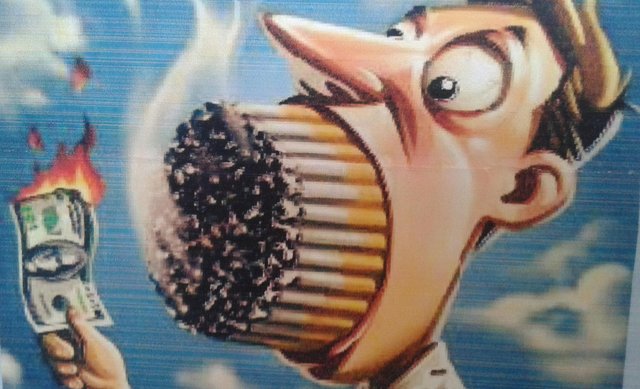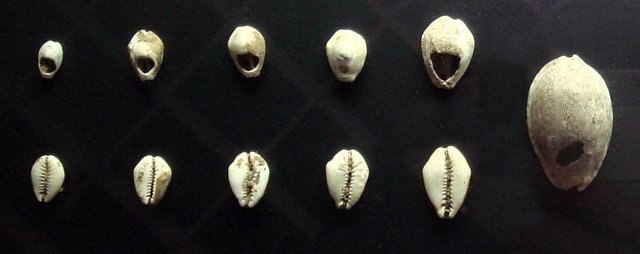When - and why - did people first start using money?
Sometimes you do not think about the dirty and tattered dollars that seem to have been in the first place. Of course not, but the history of humans who use cash is not long back - 40,000 years.
Scientists have been tracking exchanges and trades through archaeological records, starting with Upper Paleolithic when groups of hunters are traded for best firearms and other tools. First, the barter, make direct transactions between two parties desired.

Money comes first and then. The shape has evolved over thousands of years - from natural objects to coins to paper to digital versions. But whatever the format, humans have long used currency as a medium of exchange, payment methods, value standards, a set of assets and a unit of account.
As an anthropologist who made the discovery of the ancient currency in the field, I was interested in how money evolved in human civilization - and what this archeology could know about transactions and interactions between distant groups.
Why do people need money?
There are several theories about the origin of money, partly because money has a special function: It facilitates exchange as a measure of value; It brings together diverse communities together by allowing tribute and reciprocity; This perpetuates the social hierarchy; and finally, it is the media of state power. It is difficult to accurately predict interactions involving currencies of various kinds, but evidence shows that they arise from gift swap and debt repayment.
Objects that are rare in nature and circulation that can be controlled efficiently appear as units of interaction and exchange values. These include shellfish like the mother of pearls that are widely circulated in America and shellfish used in Africa, Europe, Asia and Australia. Original copper, meteorite or native iron, obsidian, amber, beads, copper, gold, silver and lead ingots have a lot of food. People even use live animals like cattle to a relatively new time as a form of currency.
quoted from reference source:
http://bit.ly/2go2FW4
http://www.Universal-Sci.com
The Mesopotamian Shekel - the first known form of currency - appeared nearly 5,000 years ago. The earliest date of candy is known to 650 and 600 BC. in Asia Minor, where the elites of Lydia and Ionians use silver and gold branded money to pay the army.
The discovery of gangs of lead, copper, silver and gold coins around the world shows that currencies - especially in Europe, Asia and North Africa - were recognized as a medium of commodity money at the beginning of the first millennium M. The vast circulation of Roman, Islamic, Indian and Chinese coins pointed to premodern trade (1250 BC - 1450 AD).
Coin as commodity money owes its success to portability, durability, transportation system and its inherent value. In addition, political leaders can control the production of coins - from mining, smelting, printing - as well as circulation and use. Other forms of wealth and money, such as cattle, have served pastoral society, but are not easy to transport - and certainly vulnerable to ecological disaster.
Money soon became a tool of political control. Taxes can be extracted to support the elite and the army can be raised. However, money can also act as a stabilizing force that encourages the exchange of non-violent goods, information and services within and between groups.

#imagecredite
Chinese shell money from 3,000 years ago. - Image Credit: PHGCOM, CC BY-SA

Who does not need money?..at present times,money is everything ... if you have enough of it then you can win the world.
money is everything, but there are moments that it can not be a necessity, for example when our family is lost, it is very interesting with the word money "no money no girls"